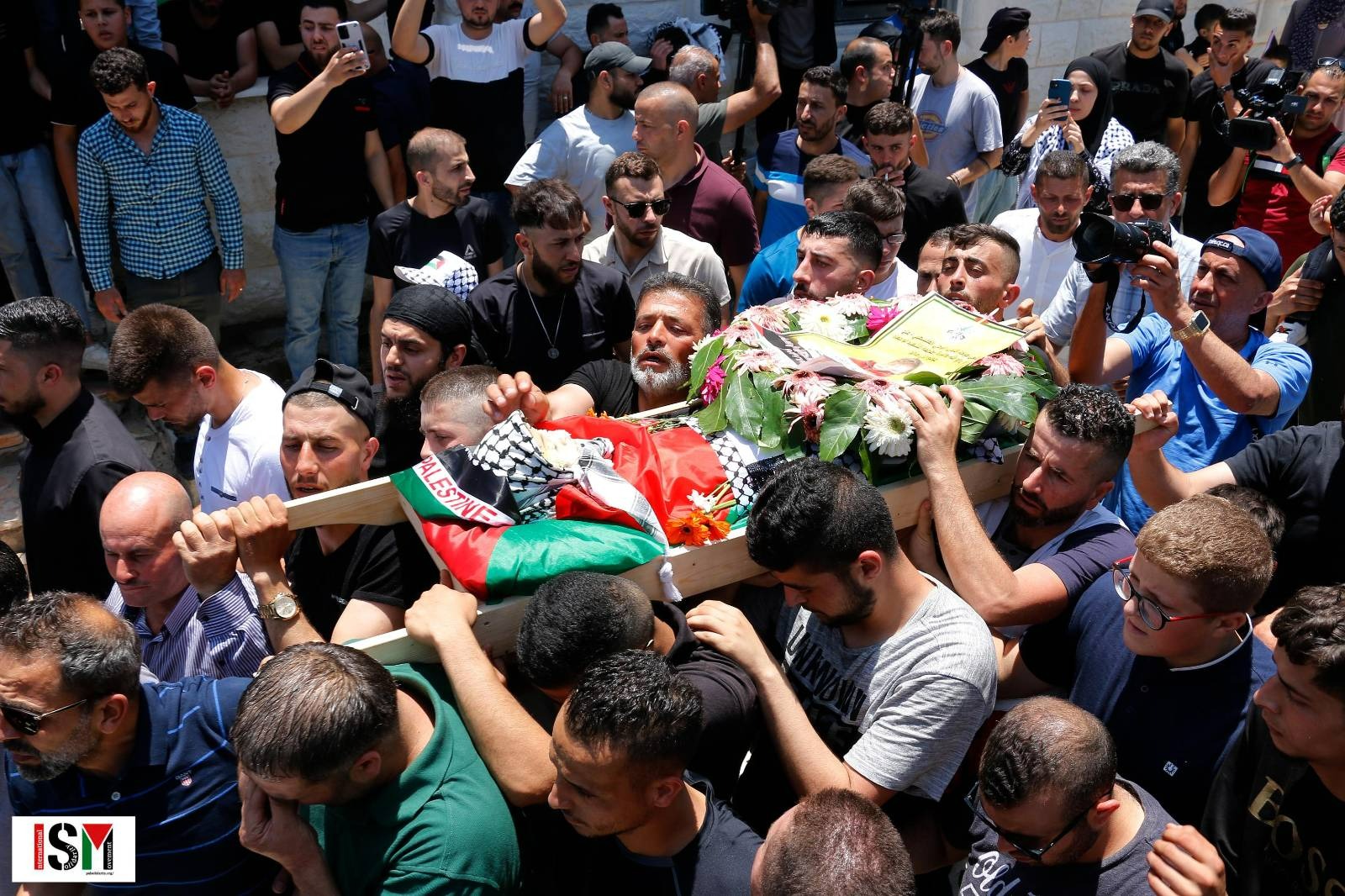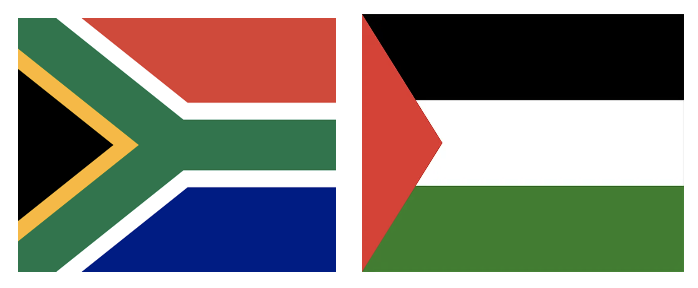-
Silwan Bustan Neighbourhood Under Increased Threat
Silwan’s Bustan neighbourhood situation has worsened of late and is now even more urgent. Report By Jahalin Solidarity Silwan, Bustan neighborhood, Occupied East Jerusalem JUNE 6, 2023 1. The most recent meeting with the Mayor, and Adv. Ziad Qawar’s letter to him (1.6.23), have produced no further information as to City Hall demolition plans or […]
-
The Occupation forces that shot infant Mohammad Tamimi in the head invade and injure mourners at his funeral.
6/6/2023, Nabi Saleh, Occupied Palestine Today, the people of the village of Nabi Saleh bid farewell to the slain infant Muhammad Tamimi, who tragically died after being shot in the head by an Israeli soldier. The villagers of Nabi Saleh welcomed the child with flowers as they paid their respects. His mother, brother, sister, and […]
-
MP Mandela calls for charges to be brought by the ICC against Netanyahu
6/5/23 Media Statement by Nkosi ZMD Mandela, MP: Apartheid Israel must be charged for state terrorism for the killing of 2 year old Muhammad Tamimi. Mvezo Komkhulu (The Great Place), Monday 5th June 2023: The passing of 2 year old Palestinian infant Muhammad Tamimi as a result of being shot in the head four days […]
Action Alert An Nabi Saleh Apartheid Wall Arrests BDS Bethlehem Bil'in Cast Lead Demonstration Denial of Entry Ethnic Cleansing Farmers Gaza Global Actions Hebron House Demolition International law Israeli Army Jerusalem Live Ammunition Nablus Ni'lin Prisoner Ramallah Rubber-coated steel bullets Settlement Settlers Settler violence Tear-Gas Canister Video



